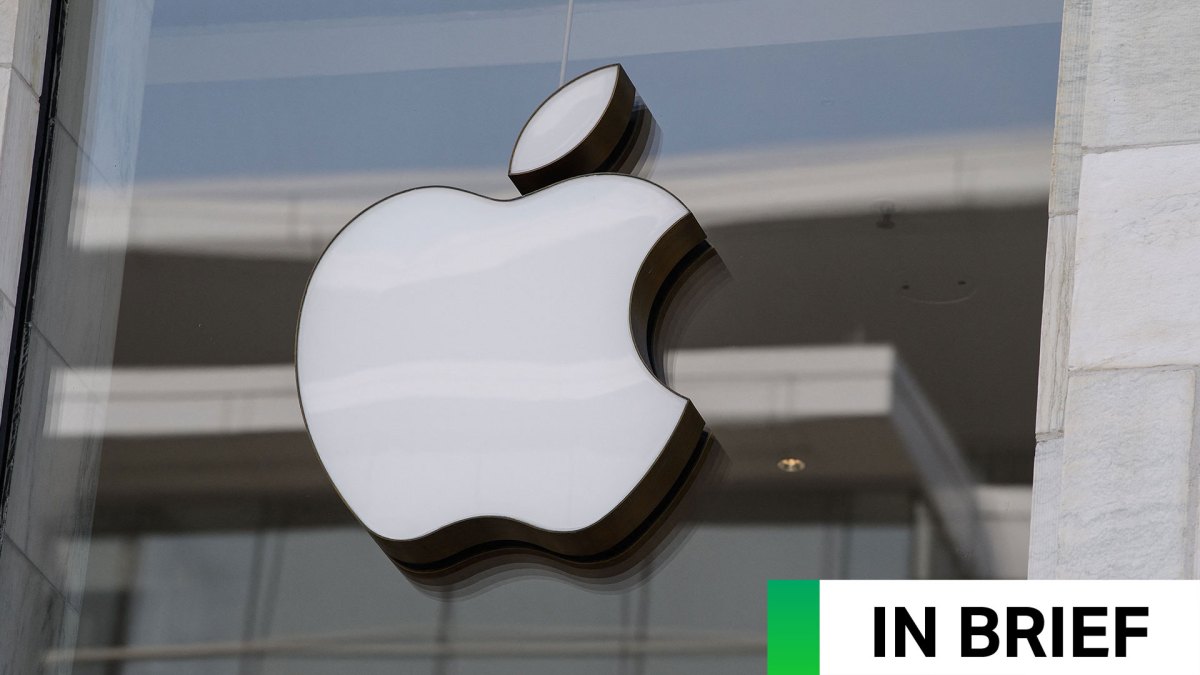Bluesky has blown up this year thanks to a vibrant community of posters, user customization choices, and a decentralized protocol that doesn’t lock users into the choices of a billionaire CEO. But one question mark hanging over Bluesky is how the platform will eventually make money, and whether it will use the most common business on the internet: ads.
The company has raised $15 million so far, and CEO Jay Graber tells TechCrunch she’s already getting attention from other investors. Bluesky has hinted at a few potential revenue streams, including social media subscriptions, a marketplace of algorithms, and selling domain names. While Graber has committed not to “enshittify” the platform with ads, she’s not ruling out ads altogether.
When asked if Bluesky would always be free of advertisers like it is today, Graber said: “I don’t think that’s necessarily true.”
“I think the ways we would explore advertising, if we did, would be much more user intent-driven,” said Graber on stage Wednesday at TechCrunch’s Strictly VC event in San Francisco. “We want to keep our incentives aligned with users and make sure that we’re not turning into a model where the user’s attention is the product.”
It’s very important for Bluesky to not replicate the models and mistakes of other social media networks, according to Graber, where platforms have historically served ads to users through an algorithmic feed. The way Bluesky is built largely prevents a business model solely relying on ads, because users could create alternative feeds without ads on its open protocol.
“At heart, I’m a digital rights activist,” said Graber. “People need to be able to control the social networks they communicate on because they’ve become really vital structures. I just think it’s necessary to be done.”
However, Bluesky may eventually experiment with ads in a way that doesn’t compromise the core user experience. That could include running ads in Bluesky’s search results, the CEO later clarified offstage, as an example of a less intrusive advertising method the platform could try out.
Graber did rule out one revenue stream: AI licensing deals. The CEO told TechCrunch offstage that Bluesky likely won’t profit from these deals like other social media platforms have, and the company already vowed to not train AI on Bluesky posts itself. However, Graber would like to establish something like the robots.txt protocol that exists for websites, as a way for Bluesky users to signal that they don’t want bots to scrape their content.
Reddit just posted its first-ever profitable quarter, partially by charging generative AI companies to train on its content. While Bluesky is amassing a large trove of valuable data as well, people are already scraping the platform to create AI training datasets with Bluesky’s public posts for free. Because Bluesky is built on an open protocol, it’s hard to stop people from doing this. This is a key difference from Reddit, which is closed off by default, but can charge companies to access it.
It will likely be a long time until Bluesky starts actively monetizing since the company is primarily focused on growth these days. Graber’s platform has grown from 3 million users in February to 24 million users today, but the platform has plenty of room to scale. Threads has more than 275 million monthly users, and even it has yet to introduce ads.
At other points in the interview, Graber said a business could grow out of maintaining the AT protocol, which Bluesky is built on top of, such as offering services to other platforms built on it (though Bluesky is the only platform there today). The CEO claims that maintaining a thriving ecosystem on the AT protocol and running Bluesky are not at odds with each other.
Bluesky’s open protocol is one of the main things that makes it great, but it also introduces some inherent challenges to monetizing. That’s kind of the point. Traditional social media companies like Facebook and Instagram have been successful because they can lock in users and control the entire experience. But Bluesky is designed to give users control and power, something that makes monetization less straightforward.




